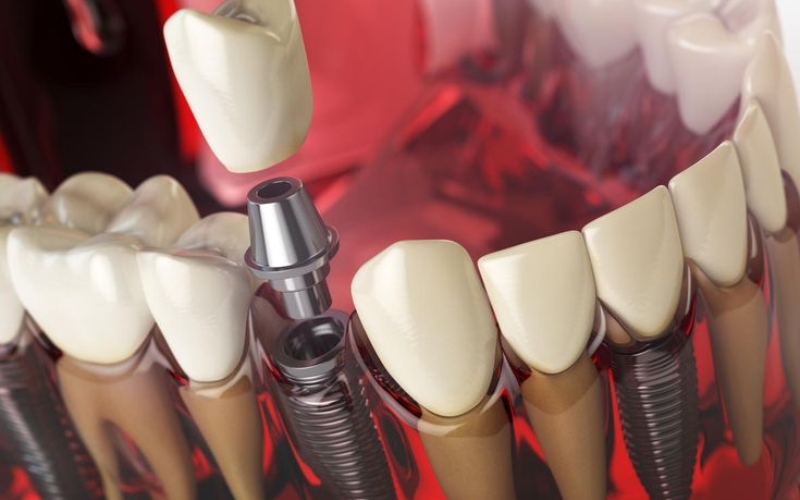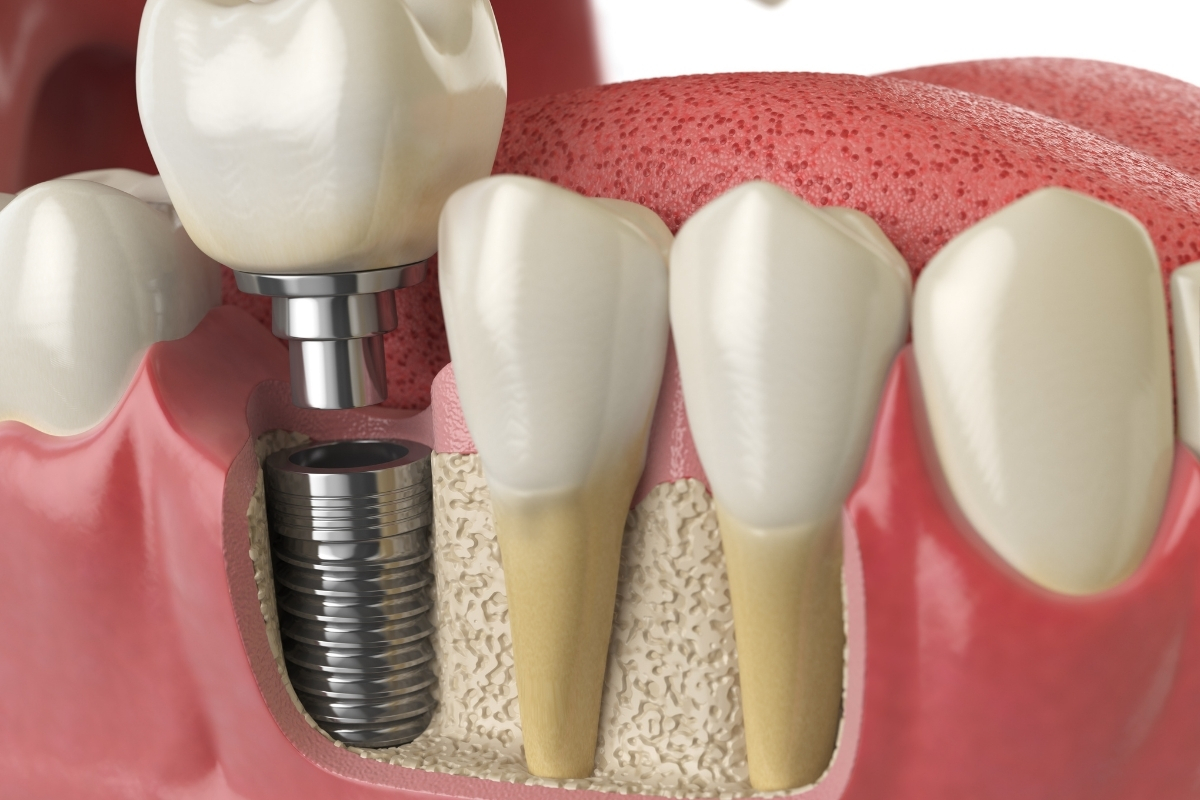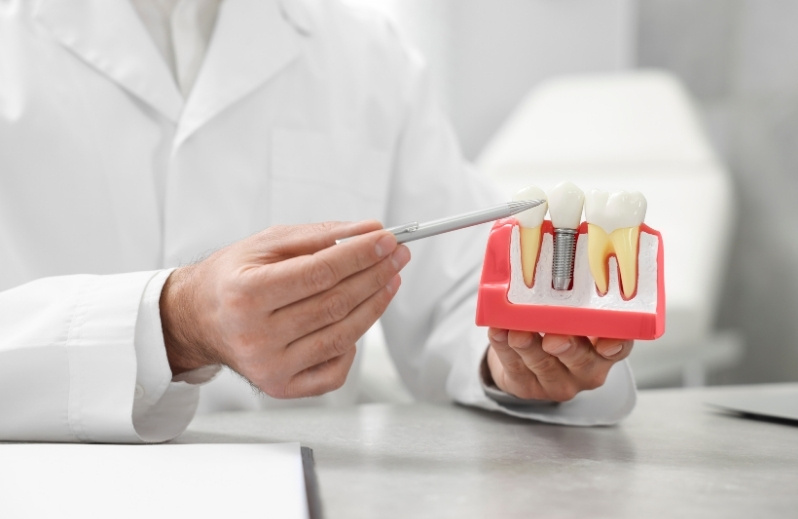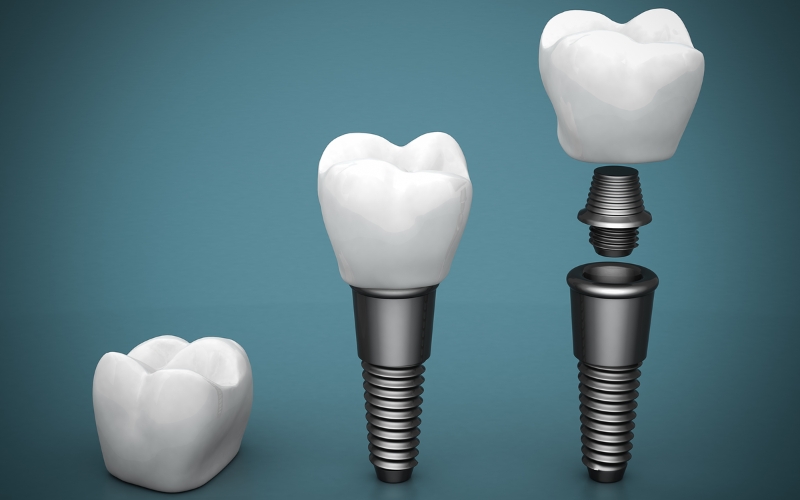Is Age A Factor? What Older Adults Need To Know About Dental Implants

Dental implants have become a go-to solution for replacing missing teeth due to their durability, natural look, and feel. But for older adults considering this restorative option, questions around age as a limiting factor often arise. Fortunately, advancements in dental implant technology have made this solution accessible to people of nearly all ages.
This guide explores how age factors matter in implant success, eligibility and what older adults should consider while choosing dental implants for long-lasting oral health and comfort.
Dental Implants and Their Benefits for Older Adults
They are artificial tooth roots, typically made of titanium, that fuse with the jawbone to support a crown, bridge, or even a full arch of prosthetic teeth. This approach offers a stable and permanent replacement option that closely mimics natural teeth.
Benefits of Dental Implants for Older Adults
- Enhanced Quality of Life: Improved ability to eat, speak, and smile confidently.
- Bone Preservation: Dental Implants stimulate the jawbone, preventing bone loss and maintaining facial structure.
- Long-Lasting Solution: With proper care, implants can last a lifetime.
- Increased Comfort: Compared to removable dentures, implants offer a fixed, stable solution that doesn’t shift.
Is Age a Factor? Dispelling The Myths
One of the most common myths about dental implants is that age is a barrier to successful treatment. The truth is that age itself is rarely a deciding factor for implant success. Older adults in good general and oral health are often excellent candidates. Many patients in their 60s, 70s, and even 80s get successful, long-lasting results.
Factors Affect Implant Success
- Bone Density and Jaw Health
Implants rely on a stable jawbone to anchor securely. Although bone loss is common with age, many older adults still have sufficient bone for implants. If not, bone grafting is often a viable option. - Overall Health
Health conditions, such as diabetes or osteoporosis, need to be well-managed for an implant success. Consult with a dental professional who can evaluate your health status and suggest modifications if needed. - Oral Hygiene and Commitment to Care
Older adults who are committed to maintaining good oral hygiene can often benefit greatly from implants, as routine care supports implant longevity.
Eligibility: Who Can Get Dental Implants?
When determining eligibility for implants, dental professionals look at a comprehensive profile that includes more than just age. Here are the primary considerations:
- Jawbone Quality: A strong and dense jawbone is crucial, but bone grafts or sinus lifts can often prepare the area for successful implant placement.
- Gum Health: Healthy gums provide a supportive environment for implants. Gum disease or severe inflammation must be treated before considering implants.
- Medical Conditions: Health issues such as uncontrolled diabetes, bleeding disorders, and severe osteoporosis can complicate the procedure. However, when managed properly, many conditions do not prevent successful implants.
Process of Dental Implant for Older Adults
Understanding the process is essential for older adults considering implants. While the approach varies slightly depending on individual needs, the typical process includes the following steps:
- Consultation and Evaluation: Initial consultations assess bone density, gum health, and any specific medical considerations. Scans and X-rays may be taken.
- Surgical Placement: The implant is surgically placed in the jawbone, where it will fuse (osseointegration) over several months to create a stable foundation.
- Abutment and Crown Placement: Once healed, an abutment is attached, followed by a crown or bridge that completes the restoration.
Common Concerns Seniors Have About This Dental Procedure
Older adults might have unique concerns about the implant procedure. Addressing these can help ease the decision-making process.
1. Recovery Time
Older adults may be concerned about healing. Generally, recovery is manageable, with minimal downtime after the initial placement. Most can resume daily activities within days, though full osseointegration can take several months.
2. Pain and Discomfort
Although there may be discomfort initially, it’s typically mild and easily managed with prescribed pain relief. Compared to the ongoing discomfort of ill-fitting dentures, many find implant recovery far more comfortable.
3. Long-Term Care Requirements
While implants do require maintenance, it primarily involves routine dental hygiene practices, including regular brushing, flossing, and dental visits. They don’t require the adhesives and frequent adjustments that dentures often do.
4. Financial Considerations
Implants may be more expensive upfront than dentures, but they offer a long-term investment in dental health. Some insurance plans and dental financing options can make the treatment more accessible.
Aftercare Tips To Ensure Long-Term Success
Proper aftercare is essential for implant longevity, especially for older adults. Here are some tips to promote healing and maintain implant health:
- Daily Oral Hygiene: Brush and floss around implants daily to prevent plaque buildup.
- Regular Dental Checkups: Routine checkups are vital for monitoring implant health and ensuring gums and bones remain supportive.
- Balanced Diet: Eating a diet rich in calcium and vitamins can support overall oral health.
- Avoid Smoking: Smoking can hinder healing and may increase the risk of implant failure.
Age is Just a Number!
For many older adults, dental implants offer a transformative solution to restore function, confidence, and overall quality of life. While age itself is rarely a barrier, individual health and lifestyle factors play a significant role in determining candidacy.
With the guidance of a certified dentist, older adults can make informed choices and potentially benefit from the stability, comfort, and natural feel that dental implants provide.
In essence, if you’re considering dental implants and are in reasonably good health, there’s a good chance you’re a candidate—regardless of age.




